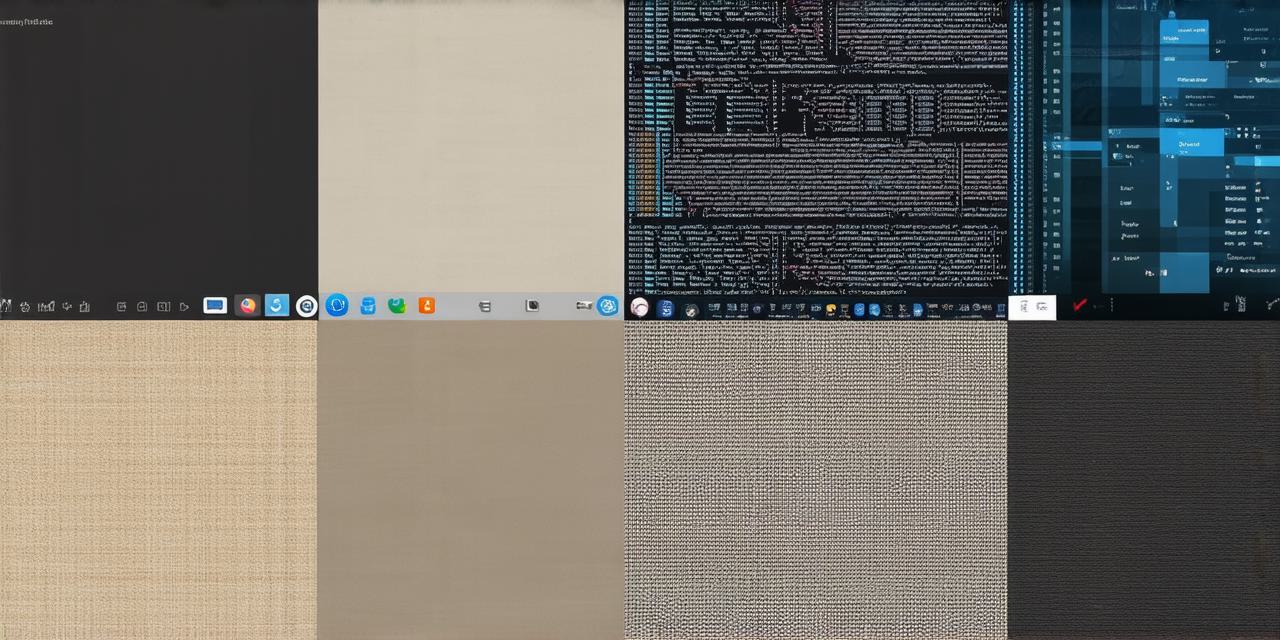Here’s the corrected HTML code for the article:
1. Learn the Basics
Mastering HTML, CSS, and JavaScript is the foundation of web development. These languages form the structure, style, and interactivity of a website, respectively. Start with tutorials, online courses, or even coding bootcamps to get a solid grasp.
2. Embrace Responsive Design
In today’s mobile-first world, it’s crucial to create websites that adapt seamlessly across devices. Learn about media queries, flexible grids, and CSS frameworks like Bootstrap to ensure your creations are user-friendly on any screen size.
3. Understand Version Control with Git
Version control is a must for managing changes in your codebase. Git allows you to track modifications, collaborate with others, and revert changes if something goes wrong. It’s an essential skill that will save you countless headaches down the line.
4. Explore Front-end and Back-end Development
Front-end development focuses on creating the user interface, while back-end development handles server-side logic. Familiarize yourself with both aspects to build well-rounded web applications. Frameworks like React, Angular, or Vue.js for front-end, and Node.js or Django for back-end, can be great starting points.
5. Code Regularly

Practice makes perfect! Set aside time each day to code, work on personal projects, or contribute to open-source initiatives. This consistent practice will help you build your skills and confidence as a developer.
6. Collaborate with Others
Web development is not a solitary pursuit. Join online communities like Stack Overflow, GitHub, or Reddit to connect with other developers, ask questions, and share knowledge. Collaboration can lead to valuable insights and opportunities for growth.
7. Stay Updated
The world of web development is constantly evolving. Keep yourself updated by reading industry blogs, attending workshops, and participating in conferences. Staying informed will help you stay competitive and adaptable in this ever-changing field.
FAQs:
1. What tools should I start with as a beginner web developer?
HTML, CSS, JavaScript, Git, and a front-end framework like React or Angular are great starting points.
2. How can I improve my coding skills quickly?
Consistent practice, working on personal projects, and collaborating with others are effective ways to improve your coding skills.
3. What is the importance of version control in web development?
Version control allows you to manage changes in your codebase, collaborate with others, and revert changes if something goes wrong. It’s an essential skill for any web developer.
In conclusion, web development offers endless opportunities for creativity and problem-solving. With dedication, practice, and a willingness to learn, you can become a skilled developer and contribute to the digital world we all inhabit. Happy coding!
